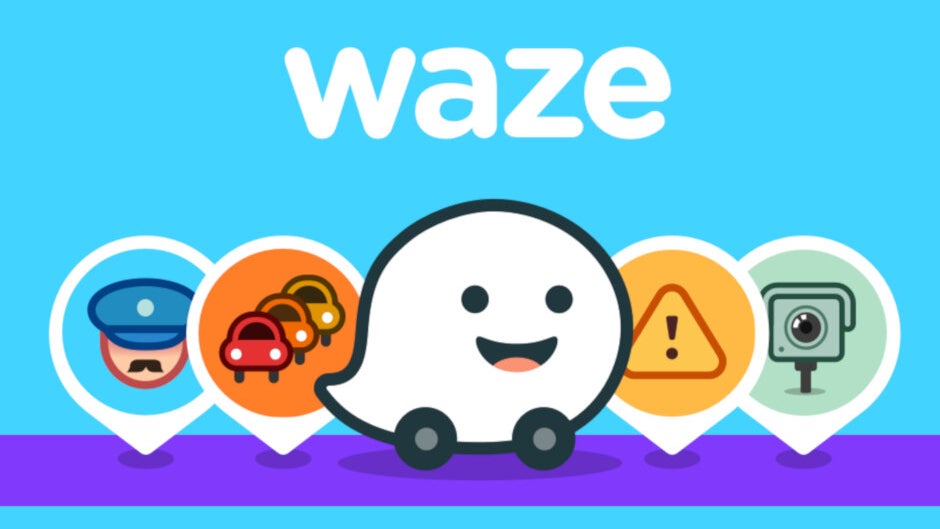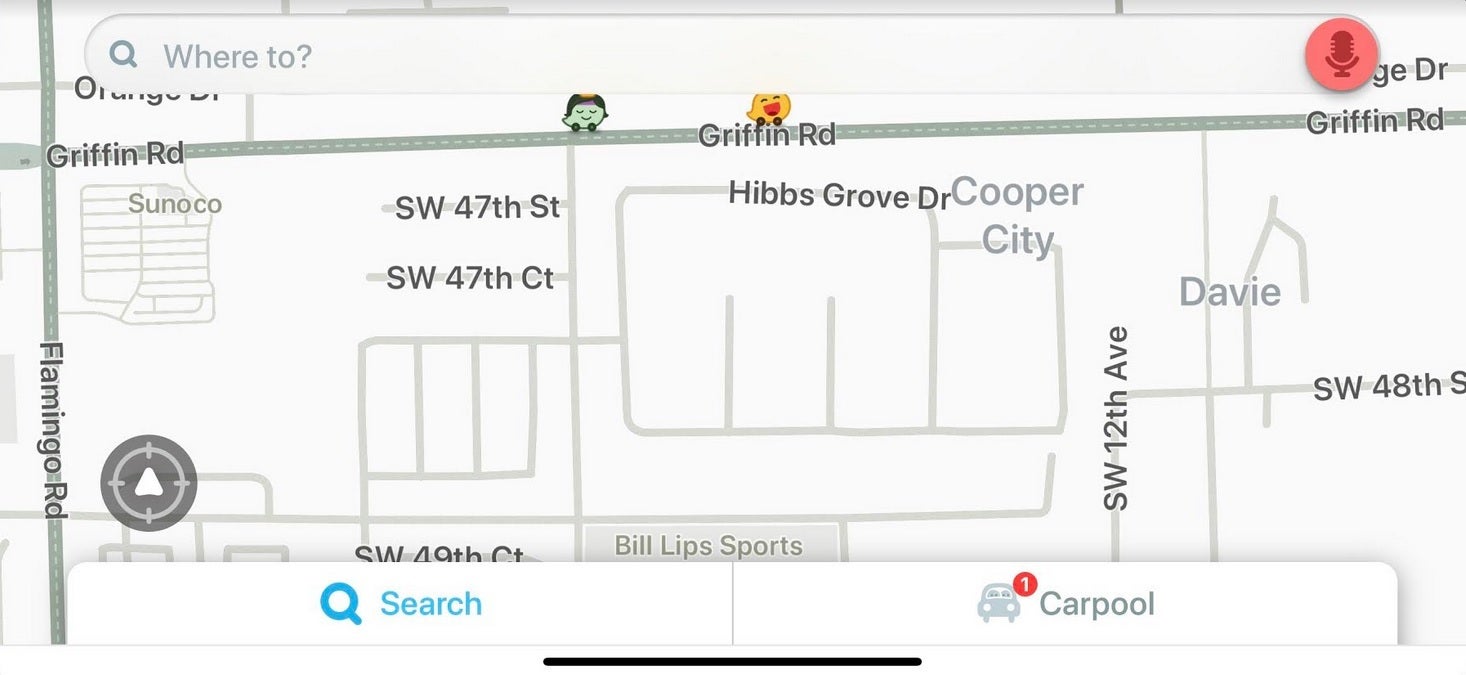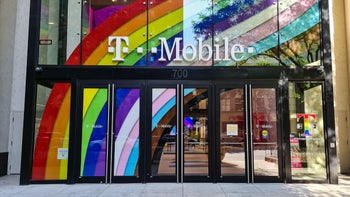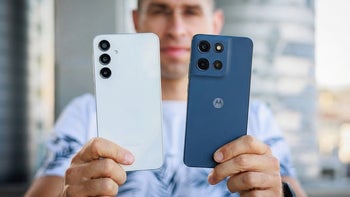FTC to investigate Google's purchase of Waze years after the deal closed

Just a few days ago we told you that the Federal Trade Commission (FTC) had requested information from Google parent Alphabet, Apple, Facebook, Amazon, and Microsoft. The regulatory agency is investigating acquisitions made by the five between Jan. 1, 2010 and Dec. 31, 2019. These are transactions that were small enough to escape scrutiny by antitrust agencies. However, Bloomberg reports that at least one larger acquisition is being looked at closely by the FTC.
In June 2013, Google acquired the Israeli company behind crowdsourced navigation app Waze for $1.1 billion. While Google already offered its Google Maps app with turn-by-turn directions, Waze was different. Users exchanged traffic information about accidents, police speed traps, construction and inclement weather conditions that could cause a delay to fellow drivers motoring in the same vicinity. Some considered Waze to be a navigation app and a social media site where drivers could communicate with each other. Most of this still holds true today, although Google has been adding Waze's best features to Maps. More on that below.
Google acquired Waze just as it was about to make a deal with a smartphone manufacturer
At the time of Google's announcement that it was buying Waze, the latter had very minimal U.S. revenue which is why the merger did not have to be reported under the Hart-Scott-Rodino (HSR) Act. The HSR Act requires that the DOJ and the FTC receive a pre-merger notification. The deal is not allowed to close for a period of 30 days while the regulatory agencies investigate. If the agencies don't take any action after 30 days, the merger can then close.

Google's purchase of Waze is getting looked at by the FTC many years after the deal closed
It appears that the U.K. gave a more thorough examination to Google's acquisition of Waze than U.S. regulators did. While investigating the transaction, the U.K. asked Google to keep Waze separate from the rest of its operations. In December 2013, the final report from the Office of Fair Trading said that with the purchase, Google was eliminating the closest competition to Maps. Waze CEO Noam Bardin agreed; just two months before Google announced the deal to buy Waze, the executive said, "We’re the only reasonable competition to [Google] in this market of creating maps that are really geared for mobile, for real-time, for consumers -- for the new world that we’re moving into."
At the time, many figured that Google would move over some of Waze's features to Google Maps and shut down Waze since they seemed to compete with each other. Others figured that Google was simply buying Waze to keep it out of the hands of another company. When the deal was announced in 2013, RBC Capital Market analyst Mark Mahaney said that the "move eliminates Waze as a potential acquisition target for competitors who could use the app's collection of data and 50 million users to bolster their own location-based products."
There was some truth to the idea that Google was buying Waze to keep it out of the hands of a competitor. Before Google came in with its bid, Waze was reportedly close to a deal to have its app pre-installed on phones made by an unnamed company. In addition, Waze could have worked out a deal with Facebook that would allow users to meet up at certain locations using Waze's turn-by-turn directions. The U.K. regulator decided to approve the deal noting that with Apple Maps, there already was a strong competitor to Google Maps in the marketplace.
Not everyone believes that the merger should have been allowed to go through. Sally Hubbard, director of enforcement strategy at the Open Markets Institute says, "It was literally Google acquiring its number one competitor in maps. It was a bad deal that should have been blocked." Google has kept Maps and Waze separate but it has used data collected from Waze to improve the delivery of its ads. As RBC's Mahaney told clients last September, "New ad formats in Google Maps have clear similarities to existing formats in Waze (coincidence?). Google has now collected enough data through Waze to effectively roll out broader solutions for advertisers in Google Maps and provide them attractive returns on investment without severely impacting the user experience."
Google has moved over many of Waze's best features to Google Maps. Users of the latter can now report accidents, detours and police speed traps with the press of a button. And with a feature taken straight from Waze, Google Maps will now warn you when you are exceeding the speed limit.
Former Justice Department antitrust official and Yale University economist Fiona Scott Morton believes that the FTC might be interested in the Waze purchase years after the deal closed because the location data Waze collects makes Google's search advertising more precise. The FTC does have the ability to examine acquisitions made years ago although it isn't clear what kind of punishment it could impose on Google.
Follow us on Google News














Things that are NOT allowed:
To help keep our community safe and free from spam, we apply temporary limits to newly created accounts: